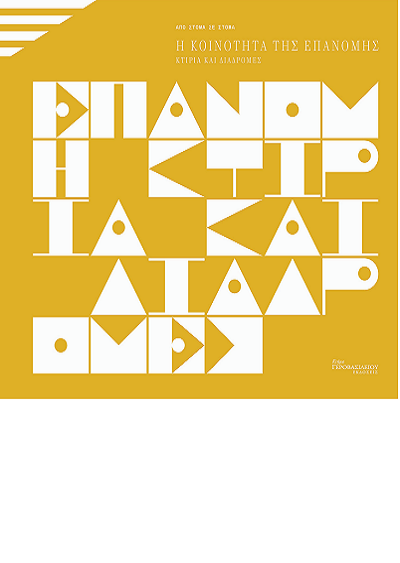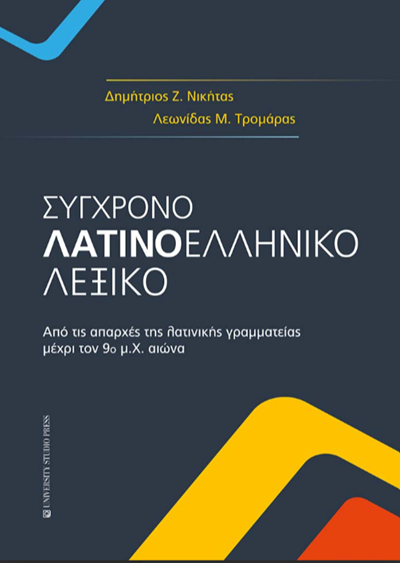
Title:
Satirical epigrams against doctors in the Latin Literatture
Author:
Maria-Despina Rammou
Genre:
Secretariat Social-motivational research
Publishing House:
University Studio Press
Language:
Greek
The thesis explores the path that the motif of the doctor has traversed in its diverse satirical versions through a variety of literary genres (epigram, satire, comedy, novel, myth, etc.), until it crystallized in the concise satirical genre of the epigram. The chronological range of the research is from the Archaic period to the Latin Middle Ages, with the three great Roman epigraphers, Martyalius (1st-2nd century AD), Aeusonius (4th century AD) and Luxorius (late 5th-early 6th century AD), as the main protagonists.
The research is divided into two parts. In the first, categories of satirical motifs are presented: the doctor is a sinner, a philanderer, a show-off, a lewd person, a poisoner, a butcher surgeon, a clumsy ophthalmologist. The relations of imitation and originality are analysed in comparison both with Greek literature (epigrammatic poetry of Loukillius, Nikarchus, etc.) and with the native tradition, the fabula palliata of Plautus and Terencius, the satire of Horace, Juvenal, Persius and the novel of Petronius and Apuleius. The second section examines whether the textual transformations of the motifs are consistent, as a realistic “unrealistic” “unpacking”, with or distort the historical-social dimensions attributed to the doctor. The reader is enlightened, among other things, about the social level of the doctor who worked in Greece and especially in Rome, his education, his remuneration, the social characterizations and accusations against him.
Maria-Despina Rammou is a philologist, Doctor of Classical Literature at the Aristotle University Athens.







Leave A Comment